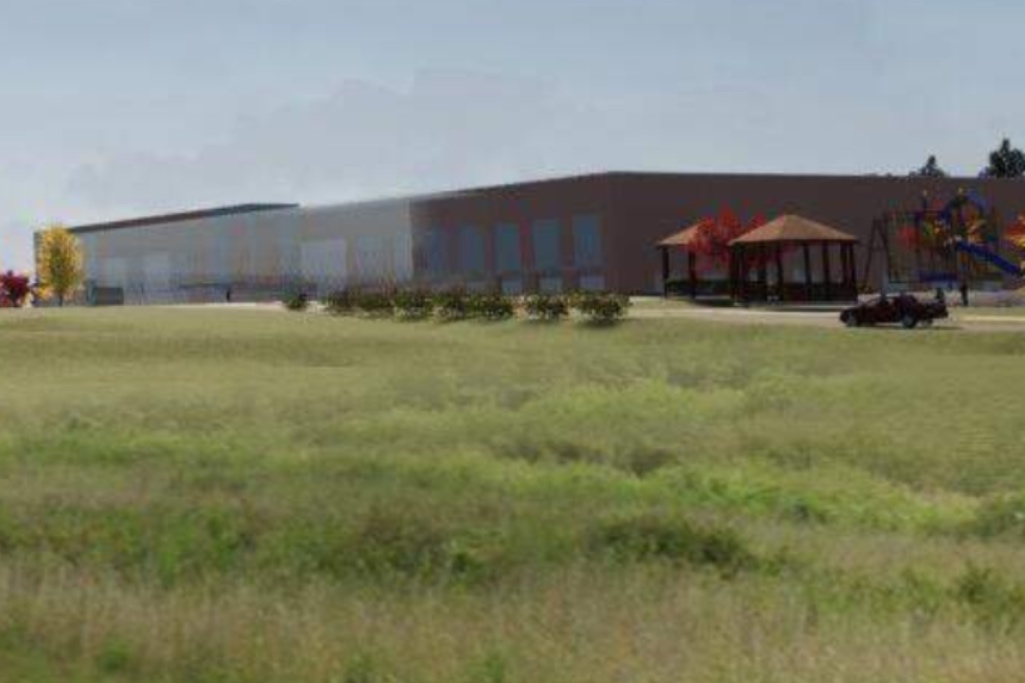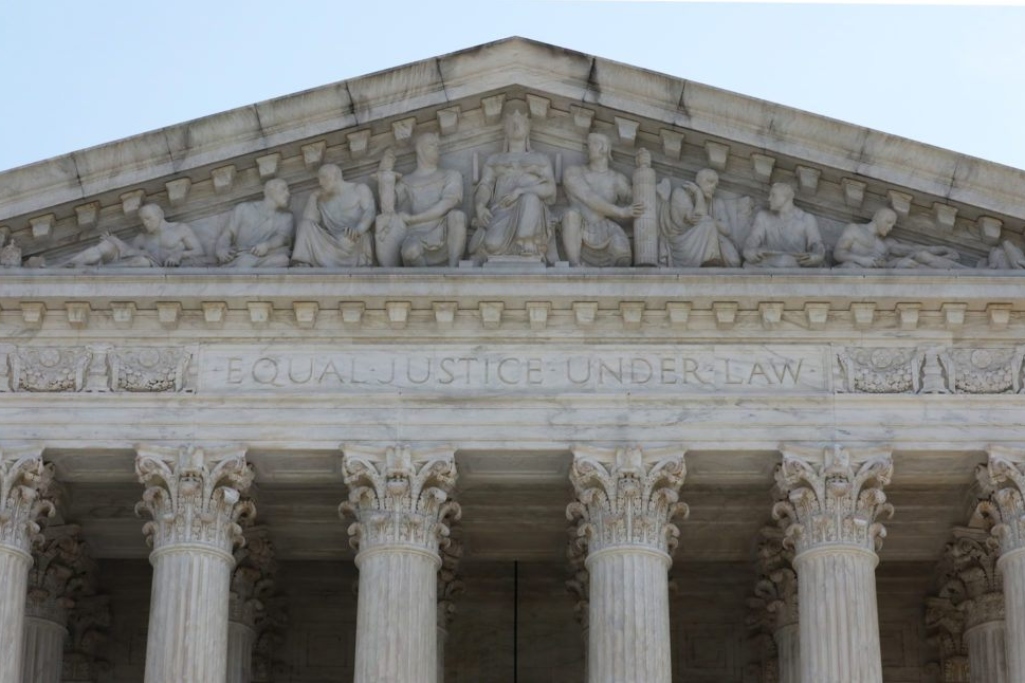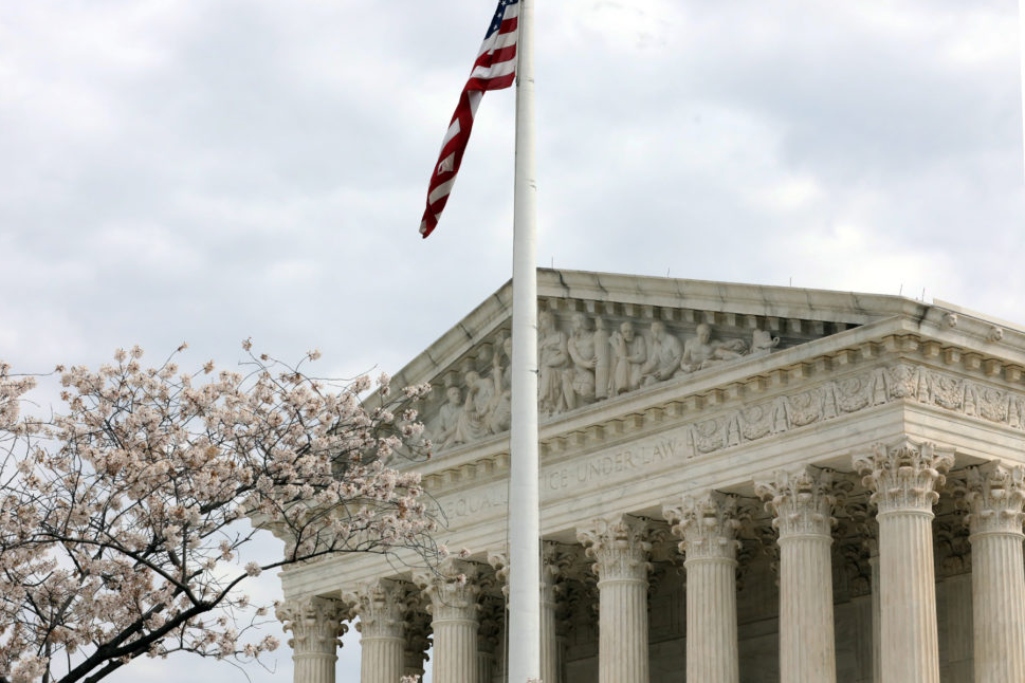
Architectural rendering of a proposed new campus of The Summit Church in Chatham County, N.C. The county’s Board of Commissioners denied The Summit’s rezoning request in December 2024.
GREENSBORO, N.C. — A federal judge has scheduled a hearing in The Summit Church’s zoning lawsuit against the Chatham County Board of Commissioners in which the church alleges religious discrimination after a rezoning request to construct a new worship facility was denied by the board.
Judge William L. Osteen Jr. scheduled the hearing for Monday, June 9, at 2 p.m. at the L. Richardson Preyer Courthouse in Greensboro in a written order released Friday, May 30. The hearing will consider both The Summit Church’s motion for a preliminary injunction and Chatham County’s motion to dismiss the case.
Attorneys for The Summit Church filed the lawsuit in the U.S. Middle District Court of North Carolina in February, claiming that Chatham County officials violated provisions of the Religious Land Use and Institutionalized Persons Act (RLUIPA) of 2000 in its decision to deny the church’s rezoning request in December 2024. RLUIPA is a federal law that protects individuals and religious groups from discrimination in zoning and landmarking laws that substantially burden the free exercise of religion.
As part of its motion for a preliminary injunction that was filed along with the original lawsuit, The Summit Church is seeking an order requiring the county to approve the church’s rezoning request and associated site plan. The church is seeking to have three parcels of land totaling approximately 50 acres rezoned to build a permanent location for its Chapel Hill campus, which currently meets in an area high school. The Summit Church is a multisite congregation with 13 campuses across the Triangle region of North Carolina.
In March, attorneys for the Chatham County Board of Commissioners filed a motion to dismiss the lawsuit, claiming the court lacks jurisdiction in the case because zoning decisions are legislative acts granted to local governments by state law.
In April, the U.S. Department of Justice filed a statement of interest in support of the church’s lawsuit against the county.


